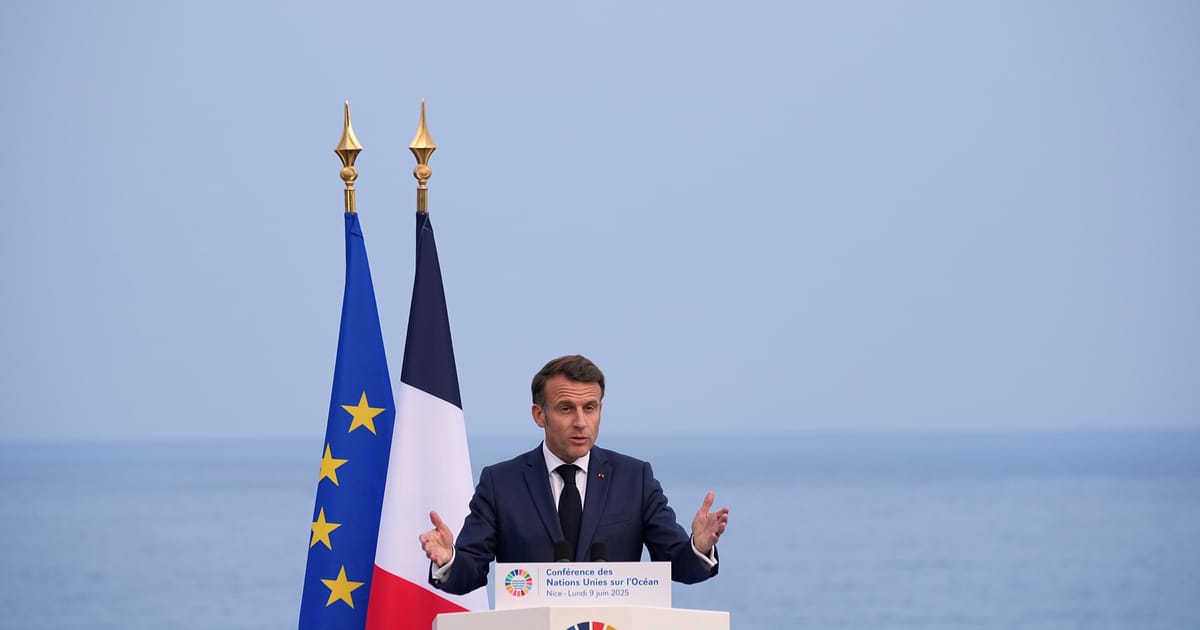

Across various parts of the globe, crucial developments are unfolding in the realms of climate policy and sustainable energy solutions. Both challenges and advances mark this significant period, shaping the path towards an environmentally conscious future.
In Europe, French President Emmanuel Macron has confirmed his intention to delay the European Union’s next climate milestone. This decision introduces potential shifts in the EU’s approach to its international environmental ambitions, sparking deliberations about the balance between economic considerations and ecological commitments. Macron’s statement signifies the complexity of navigating climate policies within an intricate geopolitical landscape, where diverse interests must be carefully aligned to achieve common goals. The move raises questions about how varying national priorities can influence broader EU climate strategies and their global influence.
Meanwhile, Australia is witnessing a notable step forward in its commitment to renewable energy. The Australian government has issued a substantial loan of $100 million to Wesfarmers, the parent company of Bunnings and Officeworks, through the Clean Energy Finance Corporation. This funding is dedicated to the installation of solar panels, batteries, and electric vehicle chargers across numerous store locations. The initiative is anticipated to extend transformative effects throughout the commercial sector, spurring increased adoption of renewable technologies. Ian Learmonth, CEO of the Clean Energy Finance Corporation, emphasized the potential ripple effect this undertaking can ignite, fostering more widespread integration of solar technology in commercial enterprises.
As technological advancements in sustainability gain traction, climate patterns continue to pose significant challenges. France is currently experiencing an intense heatwave, with temperatures soaring to 40°C. This weather event, a tangible manifestation of human-induced climate change, is expected to span several days, reaching its peak early next week. The heatwave reflects broader climatic trends, underlining the urgency for comprehensive strategies to mitigate and adapt to changing conditions. It emphasizes the importance of resilient infrastructure and healthcare preparedness in managing the impacts of such extreme weather events.
The interplay between policy decisions, technological initiatives, and climatic changes highlights a pivotal moment for environmental efforts globally. As nations navigate these multidimensional challenges, international collaboration and innovation will be crucial in advancing towards a sustainable future. The dynamic developments across different regions underscore the importance of an integrated approach that harmonizes policy, technology, and societal well-being, paving the way for a balanced and sustainable global environment.
Source: {link}
